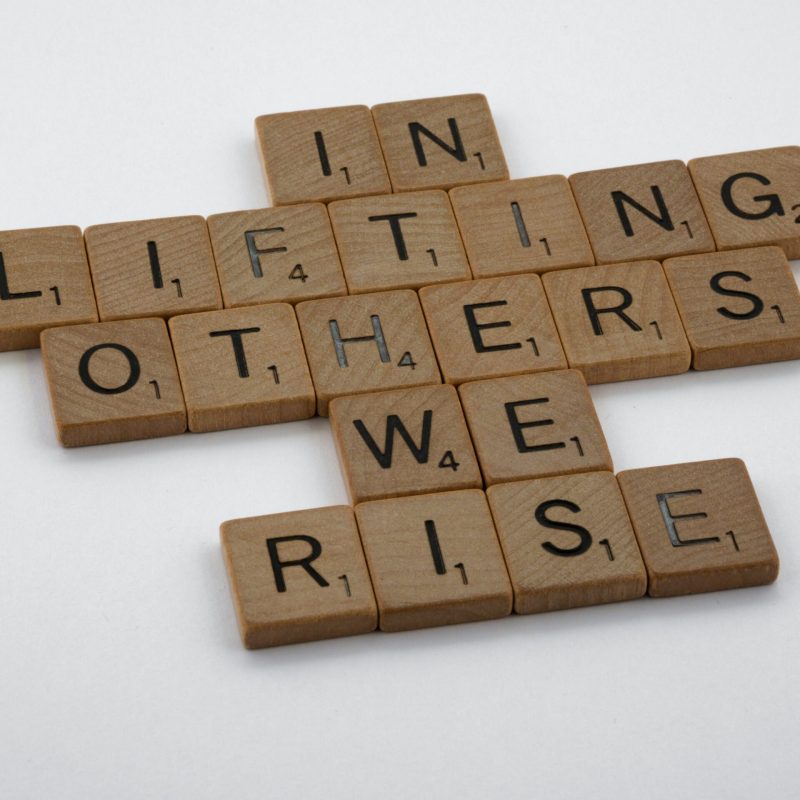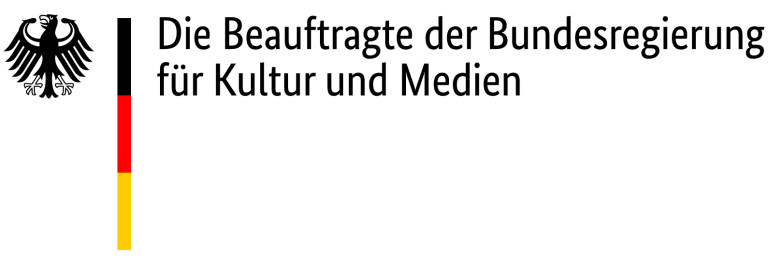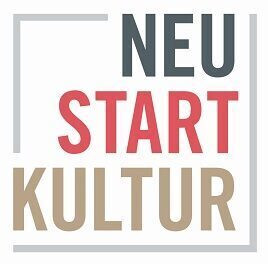Trauma Awareness
FOR BUSINESS, SPORT, ART, HEALTH SECTOR AND EDUCATION
General Information
Many organisations and individuals have recognised that trauma is a common experience and that it has a serious impact on work efficiency, social dynamics, and physical health. However, there are many existing trauma management strategies that are highly beneficial in increasing performance, protecting health, and opening space for growth. Institutional trauma awareness concepts and individual trauma-informed trainings offer professional solutions in the prevention and management of various trauma experiences while at the same time strengthening resilience. Book an assessment session to learn the best options for your institutional needs and learn the details of the trauma awareness workshops and organisational concepts that best suit you.

What can you expect?
Some modalities
- Trauma-aware coaching: individuals who are living with trauma can access their growth potential in the safest way possible in trauma-informed life and business coaching environments. This approach is a coaching style that is characterised by special skillsets, and attitudes and is furthermore applicable in all coaching fields.
- Embodiment and body awareness training to complement ongoing psychotherapy for PTSD: the somatic dimension of human perception and cognition can enable neuroplasticity (the self-transformation of the brain) and support regeneration
- Online and offline workshops about trauma informed communication, trauma awareness and resilience
- Concept development for trauma aware institutional transformation (based on the Sanctuary Model® of Sandra Bloom), regular workshops and monitoring services

Background
The concept that not only the human body but psyche can also get permanently injured (psychotrauma) is relatively new. Proper scientific research started in the 20th century, among Holocaust survivors and veterans of the Vietnam war. Since then, we’ve learned that a wide variety of experiences can traumatize an individual whether it be a single event, or a series of events. In any case, trauma can affect emotional self-regulation, cognitive skills, resilience, coping strategies and human relationships, just to name a few. Direct trauma therapy belongs to clinical practitioners of psychotherapy and psychiatry, however, trauma does have an indirect impact on many areas of life where non-therapeutic answers are the real solutions both on the individual and institutional level.


